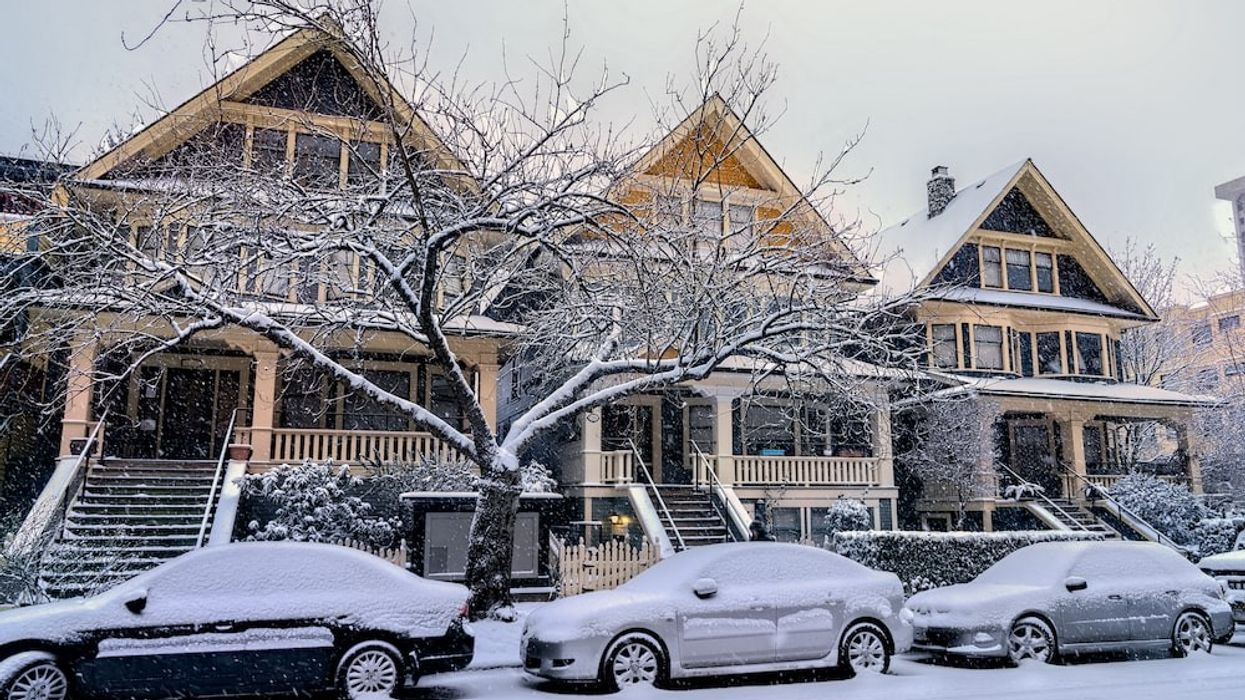Canada's foreign buyer ban will allow some exceptions for international students, temporary residents, and refugees, the Canada Mortgage and Housing Corporation (CMHC) announced on Wednesday.
The two-year ban, which takes effect on January 1, 2023, prevents all non-Canadians from buying residential real estate in Canada in a move meant to help cool housing markets and bring down prices.
The legislation includes a $10,000 fine for both non-Canadian buyers who violate the ban and anyone who knowingly helps them. A court can also order the sale of the property, and won't return to the buyer any more than the price paid to purchase the property.
The ban specifically applies to residential properties with three or fewer dwellings, as well as parts of buildings, like semi-detached houses or condo units. This also includes vacant land within a census metropolitan area that may not have any habitable dwellings on it, but that is zoned for residential or mixed-use.
As far as who's defined as a non-Canadian, that includes anyone who isn't a citizen, a permanent resident, a person registered under the Indian Act, or a corporation based in Canada that is privately held, not list on a stock exchange in Canada, and controlled by someone who is a non-Canadian.
The regulations provide a number of exceptions to the ban, but often with very specific criteria. Temporary residents studying in Canada, for example, can be exempt, but only if they have filed income tax returns for the last five years, have been in Canada for 244 days in each of the five preceding years, and have not previously purchased a residential property in Canada while the ban is in effect. They also can't purchase a property for more than $500,000, which in Canada, is pretty limiting.
Temporary residents wanting to be exempt must have a valid work permit or authorization, have worked full-time and filed income tax in Canada for at least three of the four preceding years, and, similar to the students, have not previously purchased a residential property in Canada while the ban is in effect.
Refugees who have been given refugee protection are also exempt, as well as refugee claimants and individuals fleeing international crises if they have have made an official claim for refugee protection or have received temporary resident status.
The foreign buyer ban also doesn't apply when someone acquires the property through divorce, separation, gifting or death; when a dwelling unit is rented to a tenant who will occupy the unit; or when the acquisition is the result of exercising a security interest or secured right by a secured creditor.





















